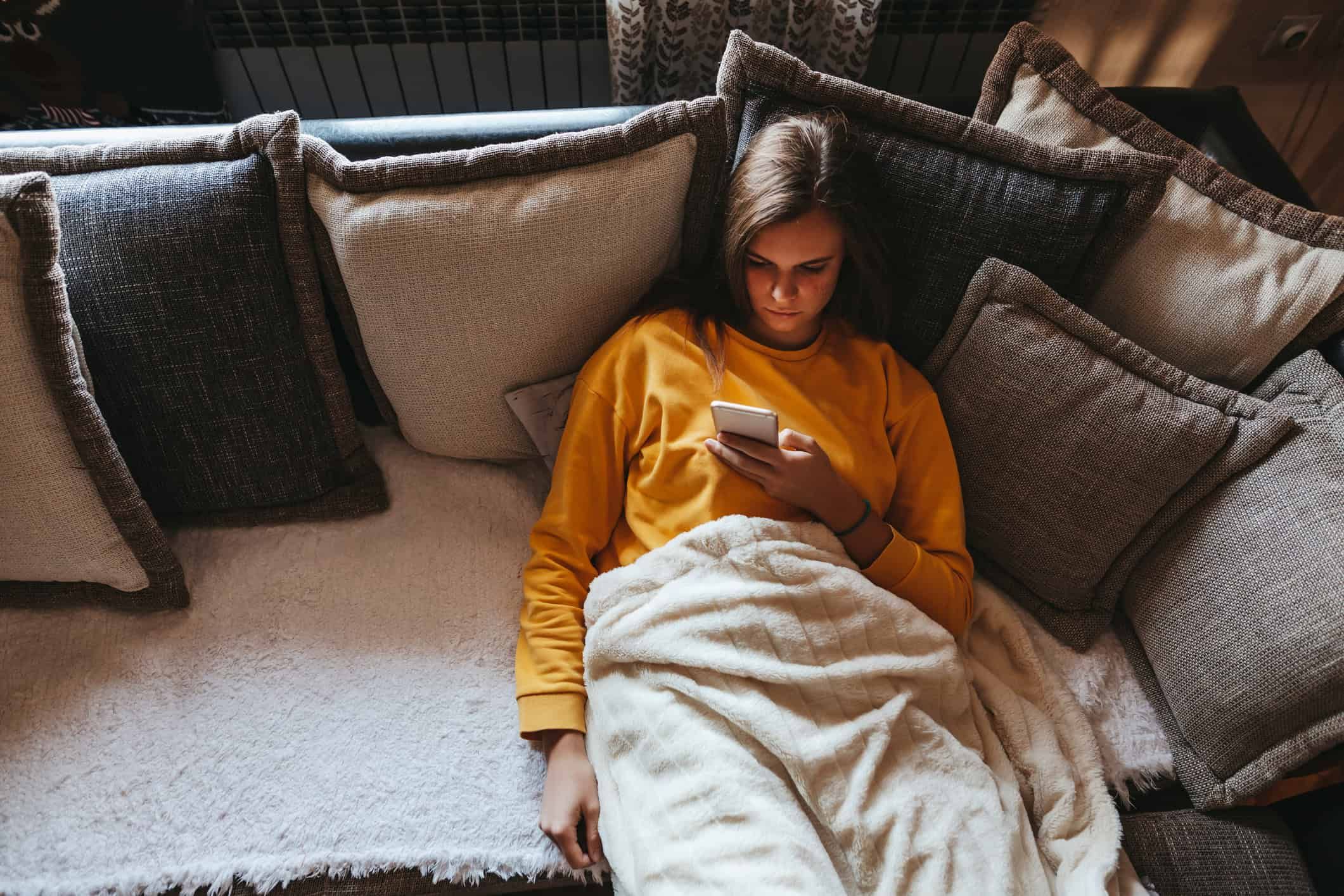Behavioral and Mental Health
Want to learn more about this at Kettering Health?
At a Glance
Q: What causes loneliness in a connected world?
A: Loneliness often stems from shallow online interactions instead of genuine relationships. Find ways to build real connections.
- Loneliness is a public health concern.
- Quantity of friends ≠ quality of connection.
- Why in-person interactions matter most.
We appear connected now more than ever through social media. With a five-minute scroll, you can see what your friends and family are up to, never missing an important moment in their lives.
Or, at least, that’s the idea.
But in 2023, the U.S. Surgeon General Dr. Vivek Murthy declared that the U.S. is in the midst of an “epidemic of loneliness.” Social media allows us to stay connected with our loved ones, but many of us use it to the detriment of real, genuine connections.
And according to Julie Manuel, clinical program manager at Kettering Health Behavioral Medical Center, that’s damaging our overall well-being.
“We as humans are designed to be connected.”
What it means to be lonely
According to the Centers for Disease Control (CDC), one in three Americans report feeling lonely, which the CDC describes as “feeling like you do not have meaningful or close relationships or a sense of belonging.”
With 30% of the population experiencing chronic loneliness, the Surgeon General labeled the loneliness epidemic a “public health crisis”—and for good reason.
“Loneliness can be really detrimental to our health,” Julie says.
Chronic loneliness can cause mental health disorders, such as depression and anxiety. It can also increase someone’s risk for type 2 diabetes and stroke.
If you’re lonely, you may turn to social media to fill that void. But Julie cautions that focusing on online connections can do more harm than good.
Quantity vs. quality
We’re often focused on the number of “friends” we have on social media rather than the quality of those connections. Instead of using Facebook or Instagram to catch up with old friends and long-distance relatives, we fill our feeds with content from people we only somewhat know.
“Although it may appear that they are genuine interactions,” Julie says, “they’re really not.”
This is especially true about the celebrities and influencers we follow. Social media often creates parasocial relationships (one-sided relationships with real or fictional people), making us feel connected to people who don’t even know us.
But the problem isn’t social media itself. It’s how we use it.
Nothing changes if nothing changes
Social media can harm our health if we don’t use it intentionally. To use it to foster authentic connections, Julie recommends setting time limits and following only the people who add value to your life.
But the best thing we can do to fight loneliness is focus on real friendships and face-to-face interactions.
“It’s important that we make an effort to step outside and have in-person interactions,” Julie says, “and not just rely on social media.”
It may feel daunting, but remember you’re not alone in feeling lonely. Millions of Americans feel the same. But Julie reminds us that it doesn’t have to stay that way.
“If we step outside our comfort zones, magic can happen.”









